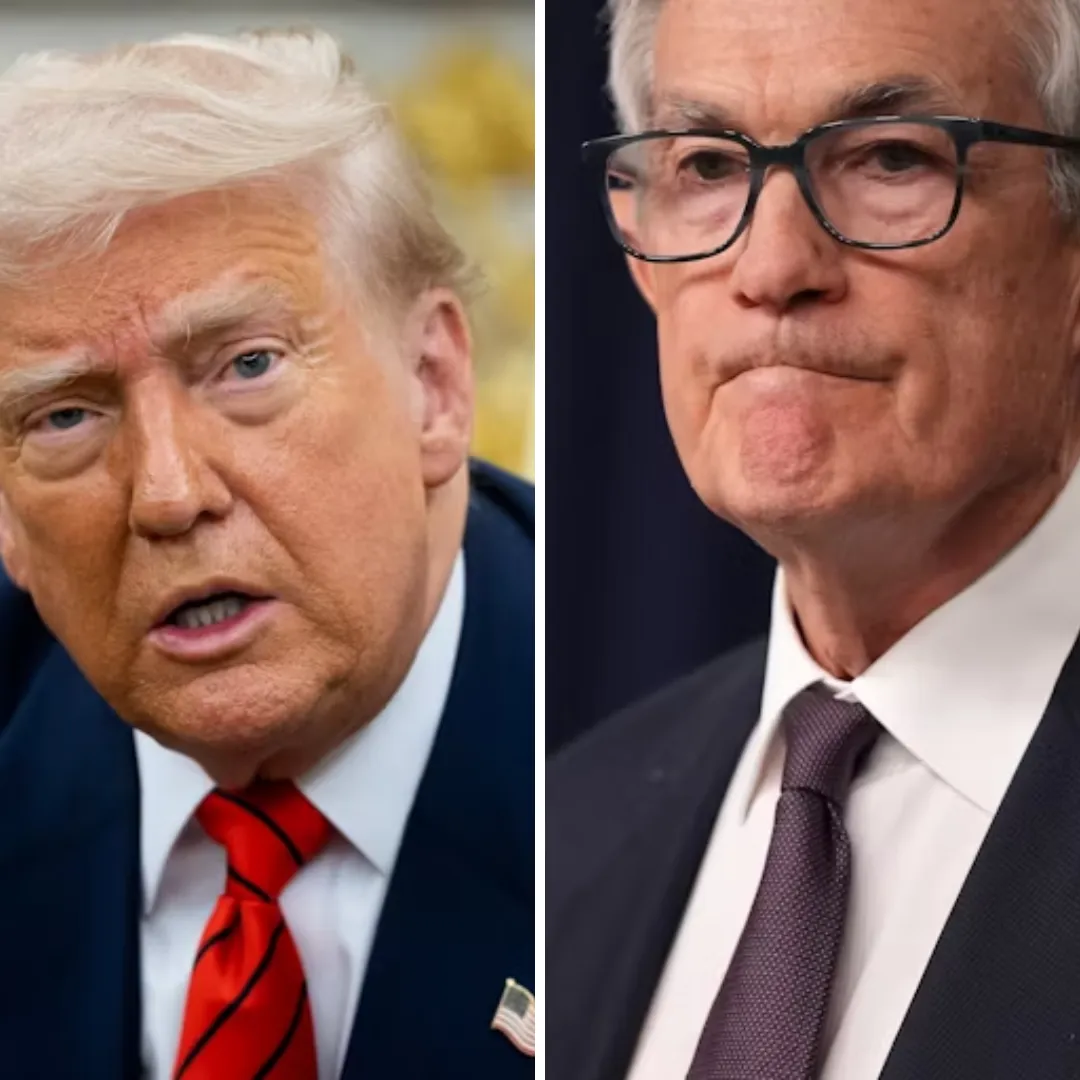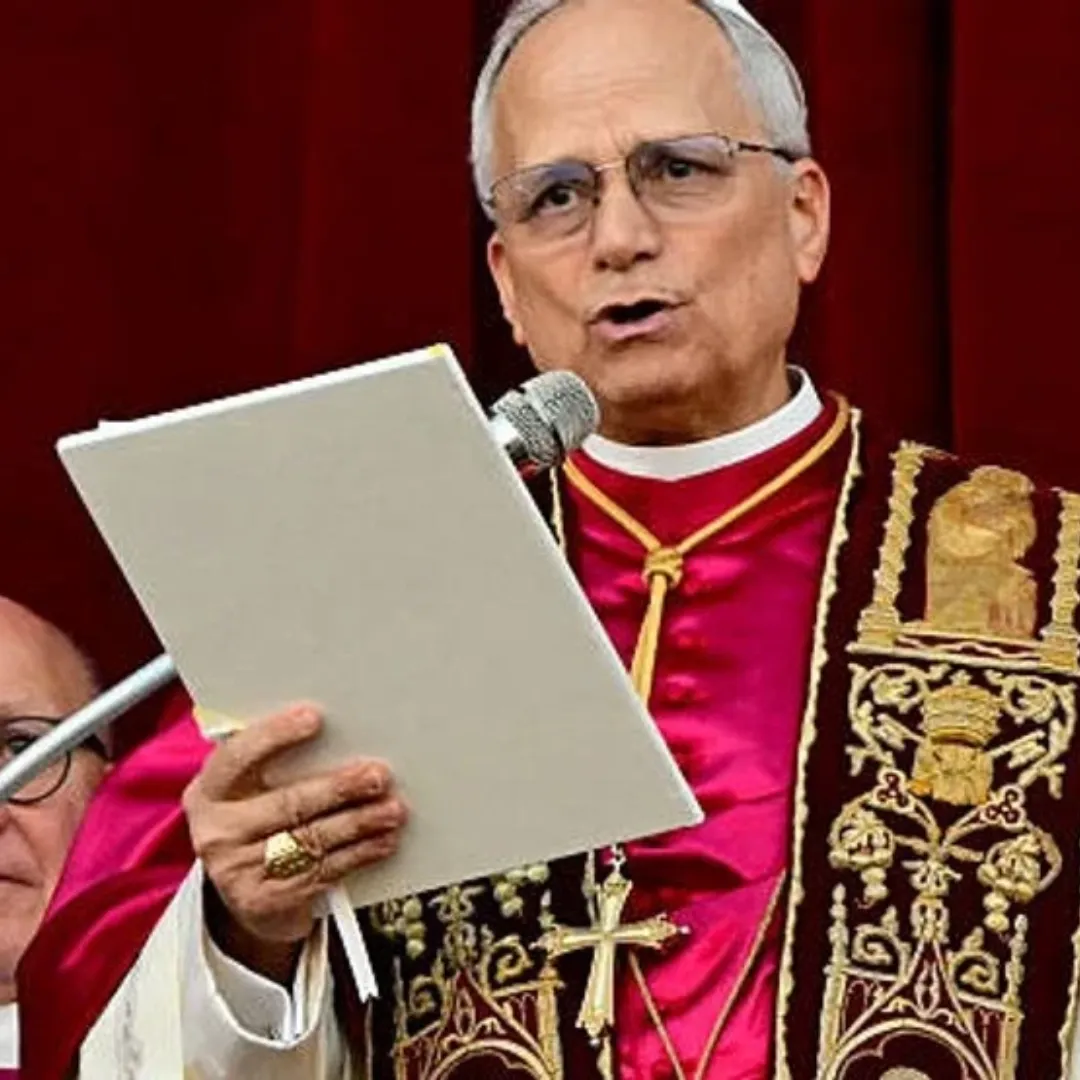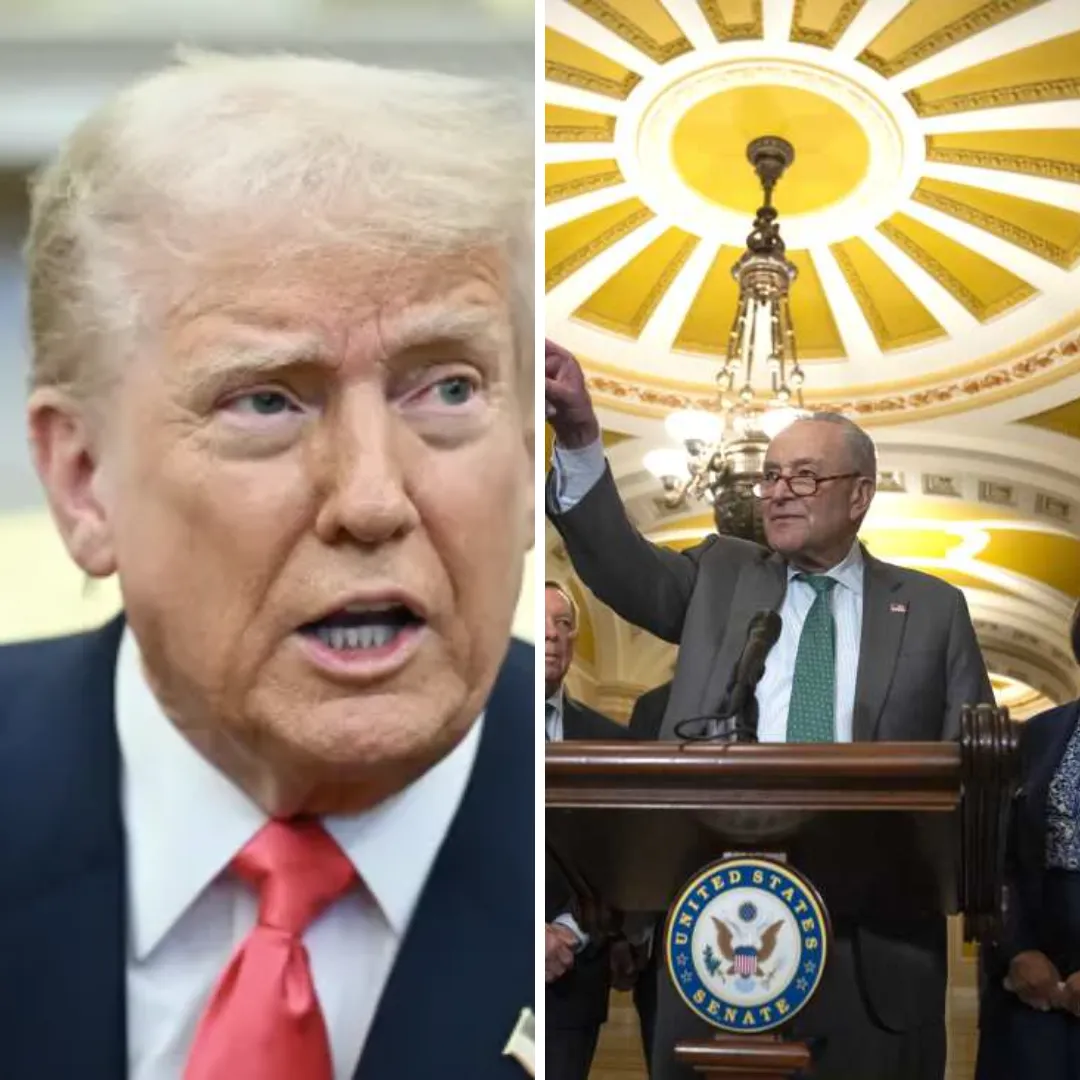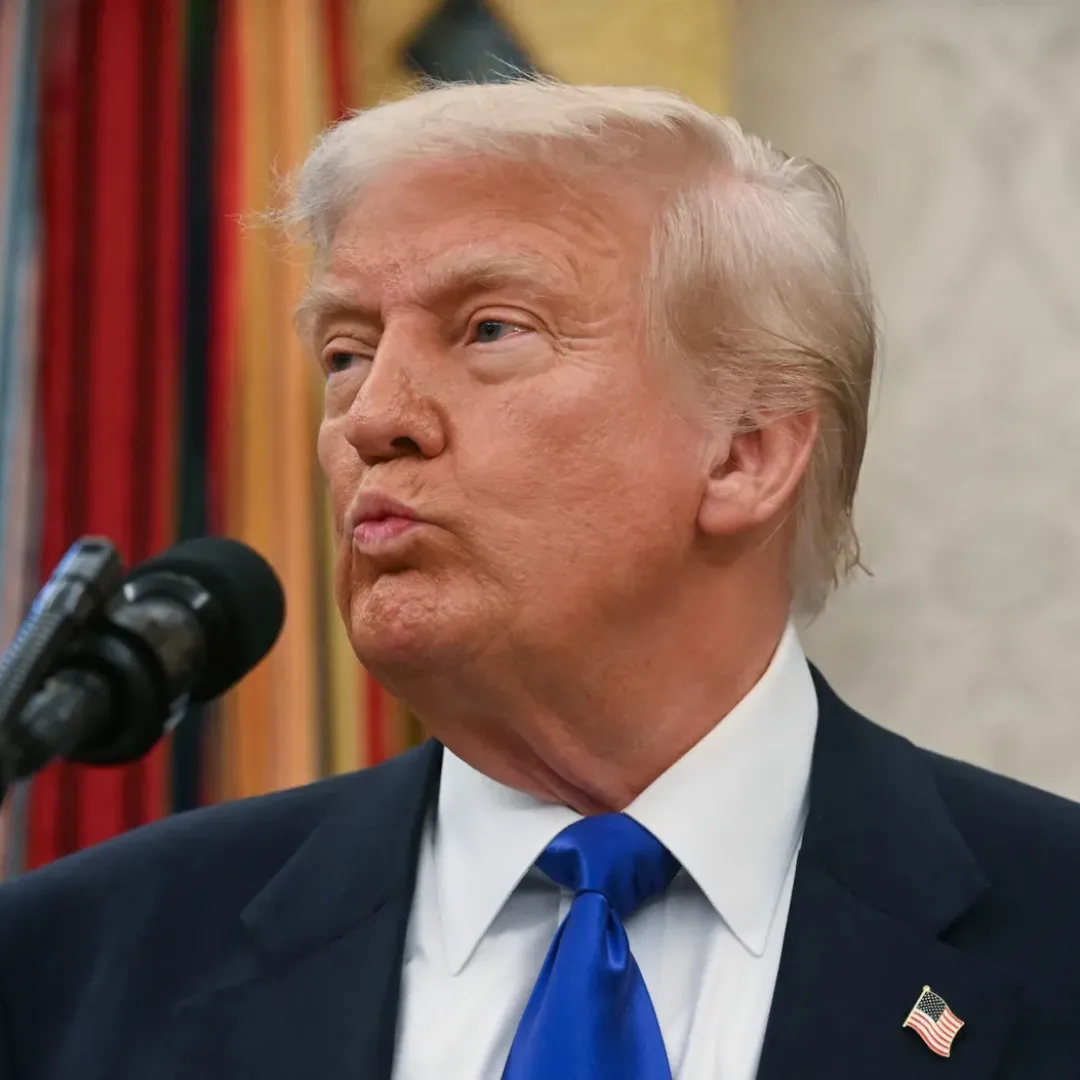
Former national security adviser John Bolton publicly criticized President Donald Trump’s leadership style following the dismissal of Mike Waltz from the national security adviser role, suggesting that dysfunction is no accident, but rather a fundamental feature of Trump’s approach to governing.
In a pointed op-ed published Thursday, just hours after the White House confirmed Waltz would transition to become the U.S. ambassador to the United Nations, Bolton argued that disorder is deeply “embedded” in Trump’s political DNA.
Bolton’s critique, appearing in the pages of the Wall Street Journal, is the latest in a series of public rebukes from former Trump officials who have turned into critics. As someone who served in the first Trump administration before breaking with the president, Bolton offered a detailed analysis of what he sees as structural flaws in the White House’s approach to foreign policy and national security.
He used the latest upheaval to underscore his long-standing concerns about the president’s governing style and its consequences for U.S. global influence.
“It doesn’t have to be this way,” Bolton wrote. “Not in my experience have emojis been deployed as they were during the inexplicable group chat on Signal. For Mr. Trump, however, chaos is embedded in his DNA and endemic in his team.”
Bolton’s remarks refer to a now-infamous internal messaging scandal involving senior members of Trump’s national security circle, including Waltz, Defense Secretary Pete Hegseth, and Vice President J.D. Vance.
The use of encrypted messaging app Signal for sensitive policy debate sparked intense criticism after a journalist was mistakenly added to the group chat and published excerpts that revealed the inner divisions among Trump’s foreign policy advisors.
In the message thread, Waltz had attempted to counter arguments made by Hegseth and Vance, who claimed that U.S. operations in the Red Sea were driven by European interests. Waltz argued that securing shipping lanes and confronting threats like the Houthis in Yemen remained a core U.S. interest, regardless of how other nations viewed the mission.

While the chat exposed internal friction, it also fueled accusations of carelessness and unprofessionalism in handling national security policy. Bolton seized on that moment to argue that the confusion surrounding such discussions stems directly from the top.
He noted that the dismissal of Waltz, and the temporary appointment of Secretary of State Marco Rubio to also serve as national security adviser, was indicative of a White House in constant flux.
Rubio, a former senator and 2016 presidential rival of Trump, now finds himself managing both the diplomatic and national security arms of the administration, at least for the time being.
Bolton described the reshuffling as symptomatic of a deeper failure: the absence of institutional structure and strategic coherence within Trump’s foreign policy team.
He also singled out Steve Witkoff, Trump’s special envoy and close aide, for criticism. Bolton wrote that Witkoff lacked the necessary experience to manage delicate state-to-state negotiations or respond to ongoing global crises such as the Russia-Ukraine war and rising tensions with Iran.
According to Bolton, the departure of Waltz will not only draw attention to these underlying concerns, but also face further scrutiny as Waltz’s nomination for ambassador moves through the Senate. “Waltz’s confirmation process for the U.N. ambassador position will be dominated by the Signal scandal,” Bolton predicted.
He also questioned the administration’s broader conduct on foreign and economic policy, pointing to Trump’s aggressive tariffs on allies and adversaries alike as another example of what he called “ad hoc” decision-making without adequate planning or consultation.
“Presidents who don’t use the National Security Council mechanism undercut their planning capabilities, managerial control and decision follow-through,” Bolton wrote. “There’s no good solution given Mr. Trump’s character.”
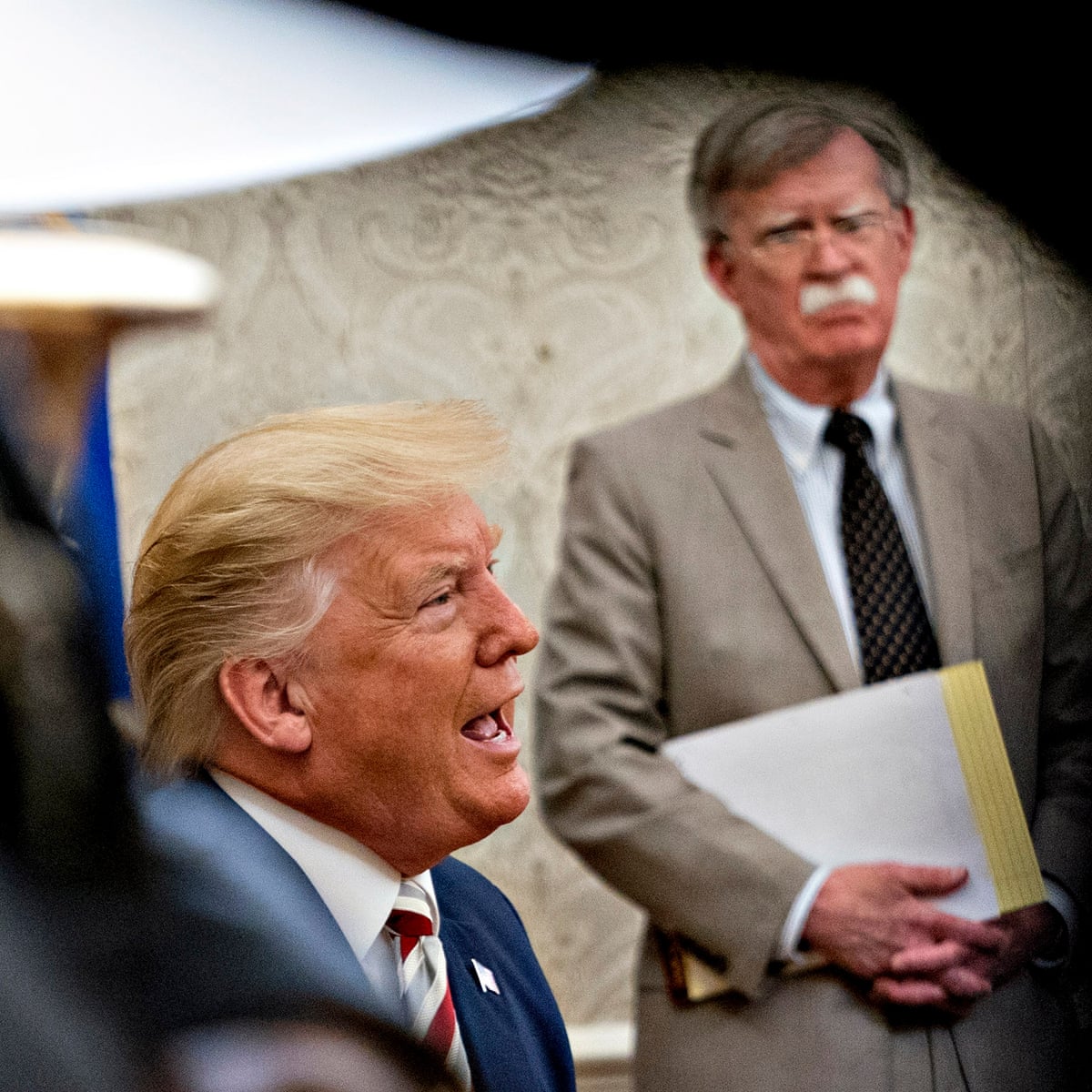
Still, Bolton was careful to shift some of the responsibility for the dysfunction away from Trump’s subordinates and toward the president himself. He argued that while individual officials have made mistakes, the deeper problem lies in the executive’s unwillingness to allow structured debate or serious policy vetting.
Bolton has long warned that Trump’s preference for personal loyalty over expertise, and his disdain for interagency processes, weakens the government’s ability to make sound decisions. In his op-ed, he reiterated that the National Security Council had effectively been sidelined, replaced by informal communications and unpredictable directives.
“Decision-making through emojis is not just unorthodox,” he wrote. “It’s reckless.”
He further warned that with the current instability inside the administration’s national security structure, both foreign governments and domestic political actors might seek to exploit the uncertainty.
Whether on trade, military commitments, or diplomatic agreements, Bolton argued that the absence of a consistent message or coherent plan opens the door to miscalculation and diminished U.S. influence abroad.
The departure of Waltz, a figure respected in many Republican foreign policy circles, marks the first major position shift of Trump’s second term. While some of his allies have publicly backed the transition to the U.N. post as a promotion, others view it as a demotion—a way of sidelining a high-ranking voice who clashed with more ideological members of the Trump team.
Rubio’s temporary appointment, though welcomed by more traditional Republicans, may only offer short-term reassurance. According to Bolton and others, the core issue remains unresolved: a president who governs based on instinct rather than structure.
“There must be a process. There must be discipline,” Bolton wrote. “Otherwise, you’re just reacting to headlines, tweets, and gossip in group chats.”
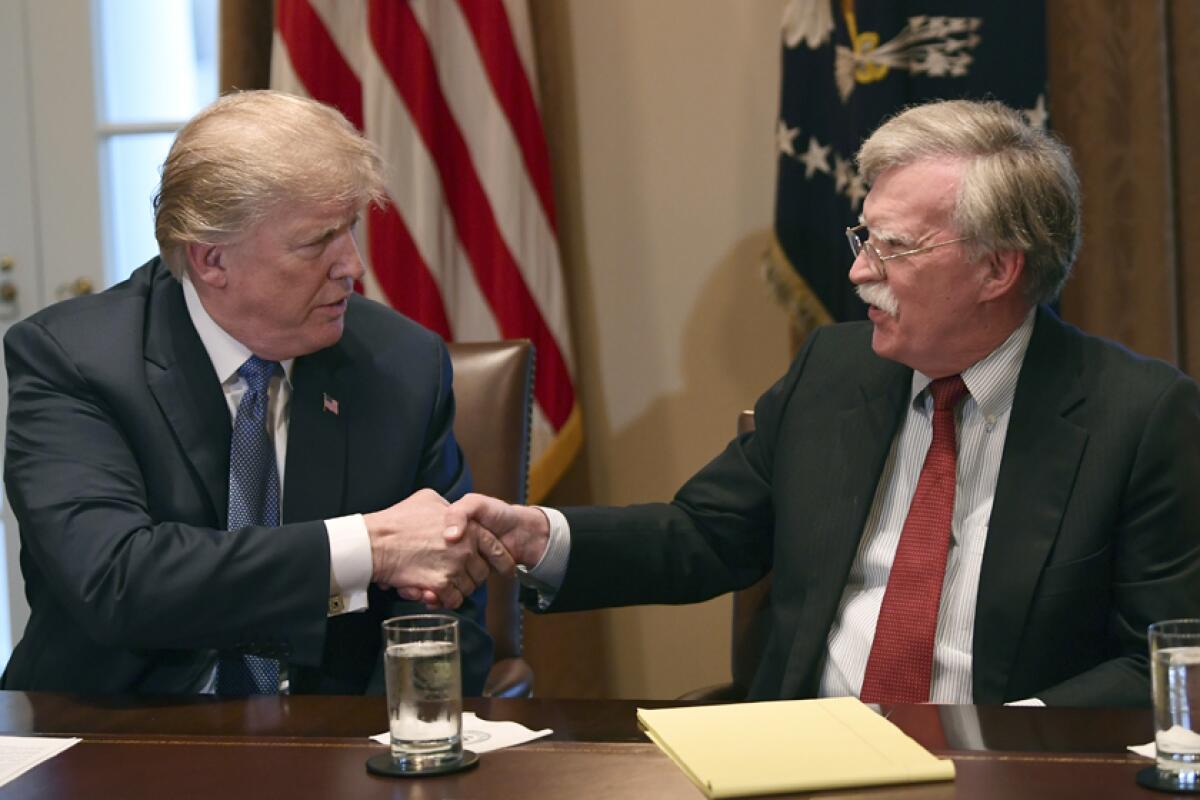
Democrats and some moderate Republicans have echoed Bolton’s concerns in recent days, citing the combination of high-level departures, mounting internal scandals, and an erratic foreign policy as reasons to be alarmed about the current direction of national security policy.
While Trump’s supporters dismiss the criticism as politically motivated, pointing to his assertiveness as proof of leadership strength, the internal instability has clearly drawn attention. For now, the fate of the U.N. ambassador nomination and the future shape of the national security team remain uncertain.
In closing his op-ed, Bolton offered a message to those still working in the administration.
“His advisers should improve the decision-making process,” he wrote, “if not for his benefit, at least for America’s.”
The underlying message was unmistakable: without reform, without structure, and without discipline, the U.S. national security system may continue to stumble from one crisis to the next—led by a president who, in Bolton’s view, thrives on chaos.
